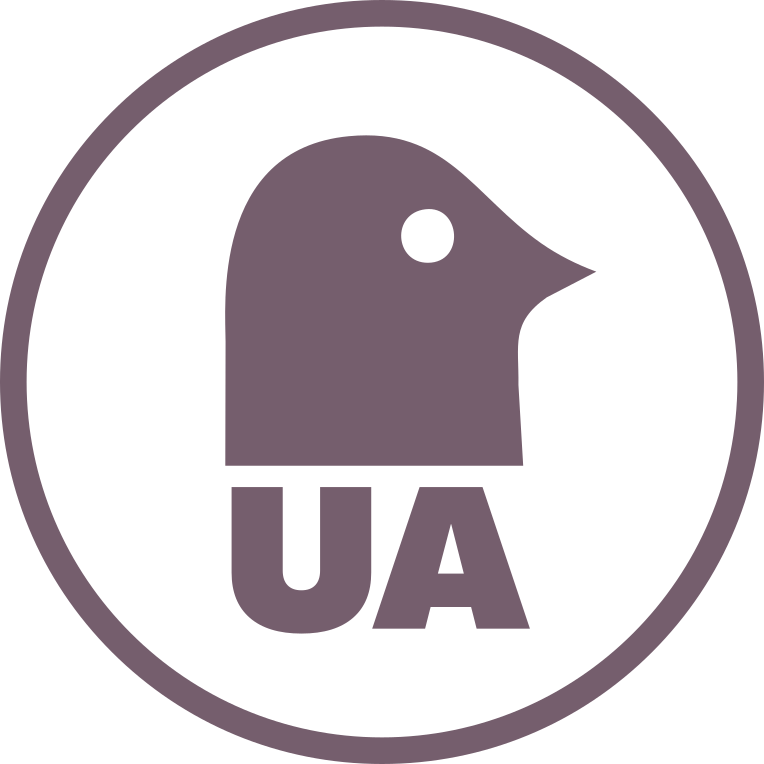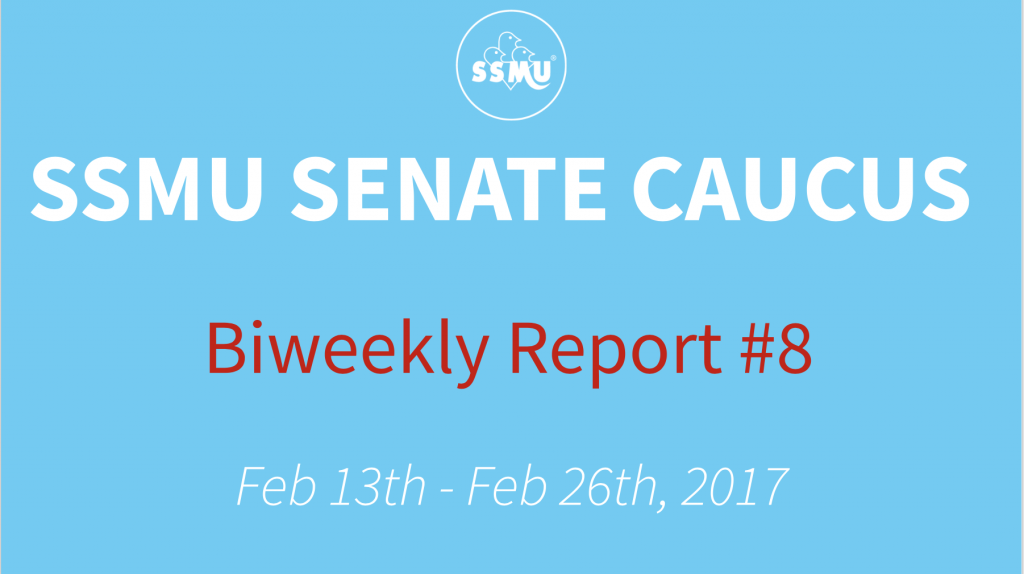If you cannot recognize and address the consequences shaping the daily lives of people inevitably connected to your advocacy, you do not practice solidarity the way you think you do.
The unfortunate reality is that even though students advocacy is clear about the demands for an end to genocide and divestment from military technology independent from religion, there is no case where a Muslim finds themselves detached and neutral from the question of Palestine. If they do not make an official statement of their position for themselves, they are generally compartmentalized into one.
This is an official plea, might the activist practicing solidarity with Palestine start considering how their actions reverberate beyond their intended scope, outward toward Muslim students forced bear the backlash. And might the activist then show up for them when it matters.
The Fall 2025 referendum results recently revealed that the proposed $0.60 opt-outable Muslim Student Association (MSA) fee increase failed to pass. That small increase would have strengthened the only Muslim student support service across McGill’s student body. McGill students even approved a more extreme budget increase for the MSA three years ago. And yet, in 2025, 2,152 students somehow felt that an increase of less than one (1) Canadian dollar of a fee they can opt-out of was controversial. They did not simply ignore the vote, but instead chose to actively prevent the association from obtaining the necessary funds to support its students.
Are McGill students blind to prevalent racist and Islamophobic rhetoric behind this deliberate action? Are they apathetic towards social issues that affect the people right next door to them? One would think not. The 2023 Fall referendum received one of SSMU’s highest voter turnouts. The Policy Against Genocide in Palestine referendum question saw almost 8000 student voters, with only 1620 students in opposition and 5974 in support. So what explains this consequential change in attitude, especially at a time when McGill students are finally signaling their care and attention towards issues connected to Muslims?
What has not been acknowledged since the recent wave of passionate advocacy insisting upon the continued consideration of Palestinian humanity is that it remains a cause that the Canadian public, and more importantly commentary by students and admin surrounding the movement at McGill, associates with Muslims. The criticisms of their activism—whether valid or not—occasionally manages to invite judgment levied towards the Muslim community. And any act of solidarity from anyone that falls short of the arbitrary standard of “acceptable” activism is instantly recast as terrorist behavior, reinforcing the same tired stereotype long imposed on and familiar to Muslims.
How students voted on issues concerning Palestinians and those concerning Muslims reveals a selective understanding of human rights. These are not separate struggles, they stem from the same values of dignity, equity, and freedom from discrimination. How can students vote overwhelmingly in support of justice abroad, yet hesitate to support the wellbeing of a connected marginalized community here at home? When in fact it will only make ending a network of racial domination abroad more difficult as long as prejudice against the same groups continues at home.
These patterns signal that unless we are dying, unless we are being fundamentally abused or materially violated, our condition is not worth considering. If the anti-oppression anti-facism social justice warrior at McGill is not interested in situating themselves to consider how they might mitigate the inflamed, localized rhetoric of prejudice resulting from their actions, are they truly engaged critically? That’s what the results of this vote make painfully clear.
So I’ll ask: Will students start listening to Muslims now, so we can tell you how your actions shape forces that organize our lived realities? Maybe then, we’ll be considered, not just as a talking point in someone else’s movement, but as people whose voices matter when the organizing begins and ends.
Until then, I am anxious for the Muslim student who will step back onto campus on Monday, now with a heightened awareness of the Islamophobic sentiments that plague our campus, knowing there is no one interested in extending their support where we need it.

